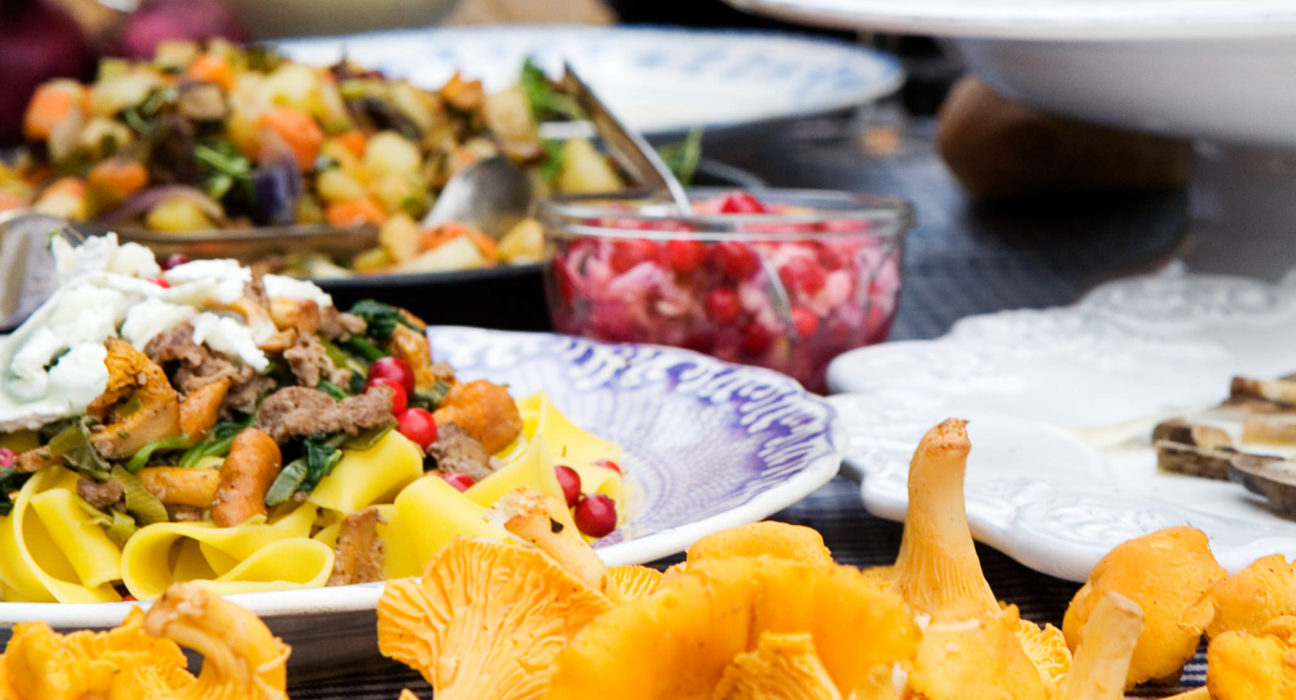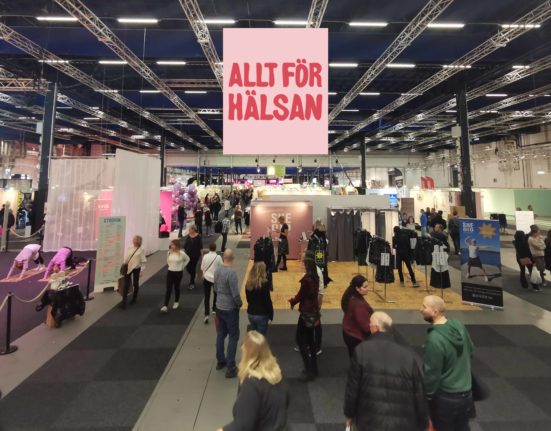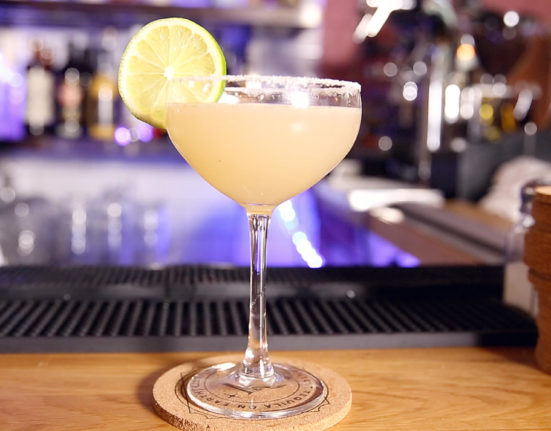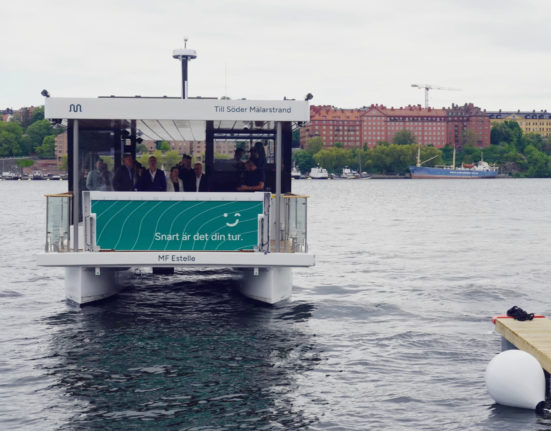In Stockholm, zero waste isn’t just a trend; it’s a delicious commitment to sustainability that’s making waves in the food scene, as exemplified by popular establishments like Växthuset, Fotografiska, and Bonnie’s. From cosy cafes to upscale eateries, chefs are getting creative with their culinary wizardry, finding ingenious ways to make the most of every ingredient and repurpose leftovers. Yet, it’s not just about reducing waste; it’s also about celebrating the beauty of local, seasonal ingredients and giving them the spotlight they deserve. So, whether you’re exploring a trendy hotspot or tucked away in a charming neighbourhood joint, you’ll find embracing sustainability adds an extra layer of flavour to every dining experience.
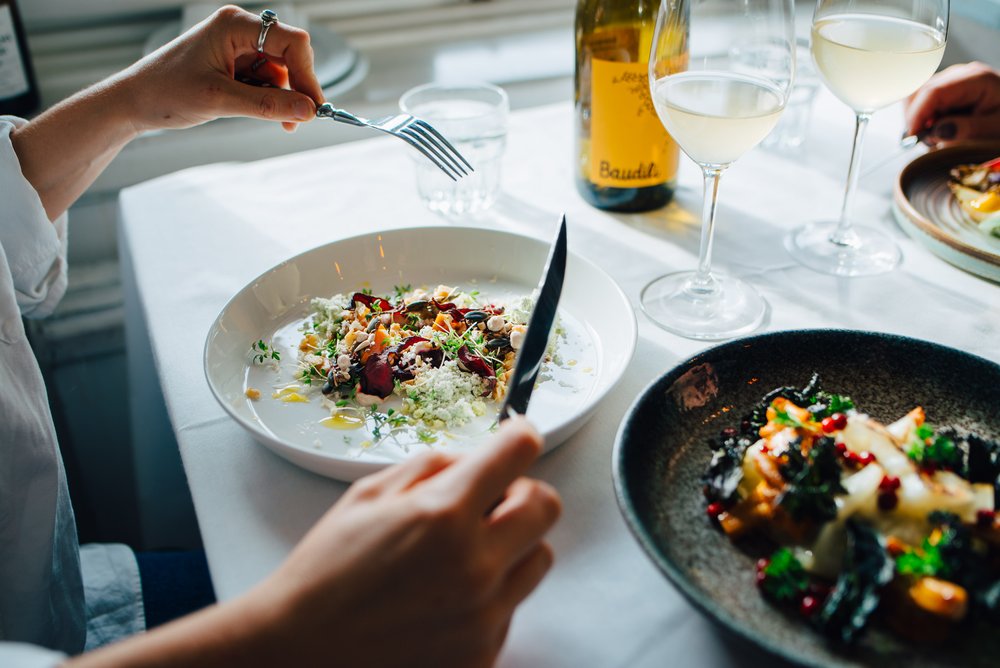
Växthuset: savouring sustainability
Located under a bridge that connects to Södermalm in Stockholm in the Hamnvakten neighbourhood, Växthuset is a vegan fine dining restaurant with an impressive commitment to zero waste. The talented chefs at Växthuset work culinary magic by using techniques like dehydrating, smoking, fermenting, and making jams to preserve fresh produce from Sweden’s growing season (which spans from around May to October) to ensure a vibrant and flavorful dining experience year-round. Here, every leftover scrap of vegetable peel and herb stem is used creatively. The grilled mushroom confit, for instance, is paired with baby shiso, adding a bright pop of flavour, while zingy sauerkraut mayonnaise and earthy Jerusalem artichoke chips are served alongside savoury and nutty smoked tempeh. So, whether you’re craving the comforting warmth of smoked flavours, the tangy zest of fermented delights, or the sweet allure of homemade jams, the skilled chefs at Växthuset always have something to tantalise your taste buds.
Växthuset’s fresh menu doesn’t just taste great and help the planet — it’s also better for health. The menu is packed with antioxidant-rich fruits and veggies, beans and pulses, and oily fish, which all work to minimise inflammation in the body. An anti-inflammatory diet can help manage and prevent health conditions like psoriasis, rheumatoid arthritis, and type two diabetes.
Fotografiska: a flavourful, plant-forward menu
Situated in the heart of Stockholm, Fotografiska is a popular museum featuring an award-winning restaurant with a strong emphasis on sustainability, minimising waste, and plant-based deliciousness. Careful meal planning, portion control, and creative use of ingredients are essential practices used to maintain a balanced and sustainable approach to cooking. Fotografiska’s zero-waste efforts are also impressive. Fruity kombucha, for instance, is made from leftover kitchen ingredients, while a nearby ceramics company takes unused oyster and mussel shells, grinds them into a fine powder, and then uses this material to make tableware. And, the restaurant’s leftover bread is also used by a local brewery to make a beer (called Echo), with the leftover grain and sediment then repurposed by Fotografiska to make bread.
The creative menu also centres around seasonality, locally sourced ingredients, and vegetarian cuisine — although meat, fish, poultry, and seafood are also usually available as a main or side dish. For example, the blue mussels with seaweed and fresh lemon are served with hearty root vegetables. And, if you’re in the mood for something sweet, try the cloudberry and cinnamon crumb sourdough ice cream — you’ll love tangy sourdough paired with the sweet cloudberry and a touch of cinnamon crunch.
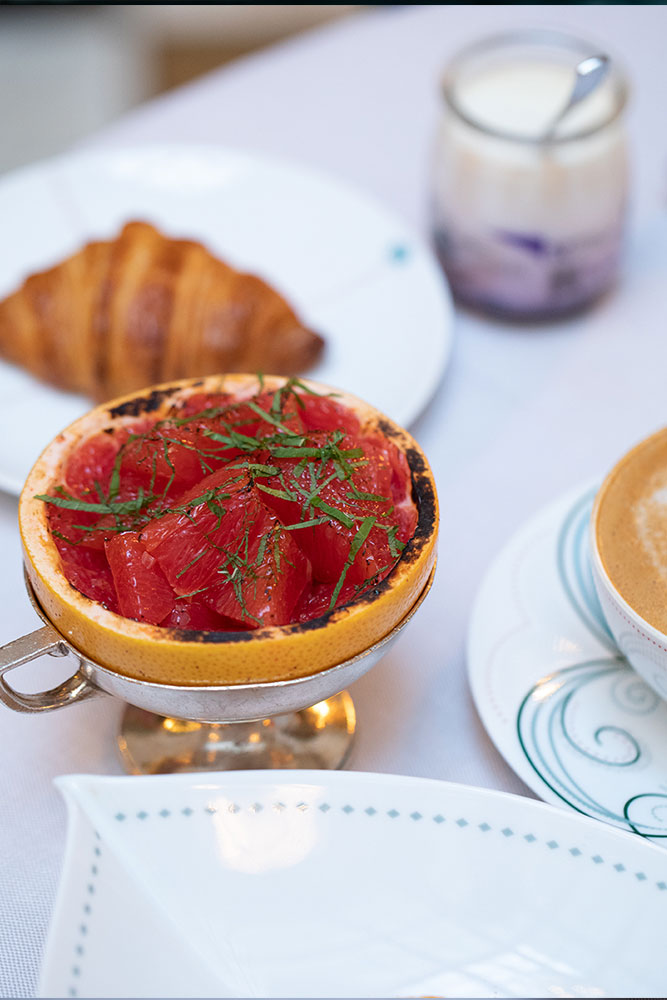
Sustainable fine dining at Bonnie’s
Bonnie’s — the main restaurant at central Stockholm’s stylish boutique Bank Hotel — defies expectations with its dedication to sustainability and culinary innovation. At first glance, you wouldn’t expect such a fine dining establishment to prioritise zero waste practices, yet they’re leading by example in sustainability. In particular, the kitchen repurposes food as much as possible — making sweet biscotti and ice cream from uneaten saffron buns, for instance. The menu is also a testament to both culinary creativity and sustainability, featuring plant-forward dishes like baked pumpkin adorned with black truffles, roasted pumpkin kernels, and drizzled with cabbage broth, as well as earthy and subtly sweet salt-baked beet prepared tableside with classic ingredients like salad, fries, and mayonnaise. Each dish showcases a harmonious balance of flavours, textures, and ethical sourcing practices.
As Stockholm’s culinary scene shows, going zero waste isn’t just good for the planet — it’s downright delicious. Växthuset, Fotografiska, and Bonnie’s are just some of the trendiest zero-waste restaurants serving food that’s both tasty and environmentally conscious in equal measure.







